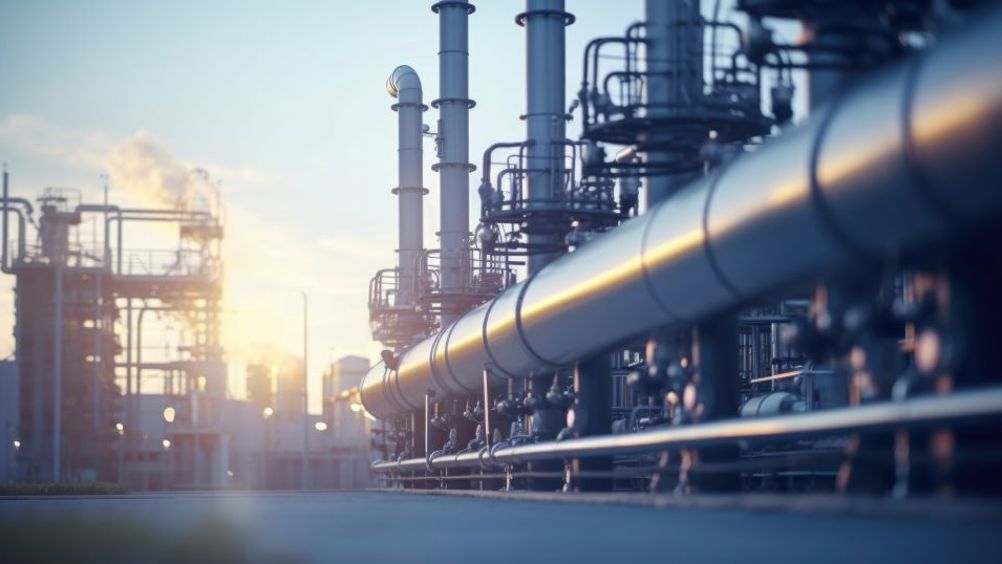Greenlight given for Liverpool Bay CCS project
Efforts to decarbonise industry in North West England and North Wales are moving forward with financial close for Eni’s Liverpool Bay Carbon Capture and Storage (CCS) project.

The project will operate as the backbone of the so called HyNet Cluster to transport carbon dioxide from capture plants across the North West of England and North Wales through new and repurposed infrastructure to storage in Eni’s depleted natural gas reservoirs, located under the seabed in Liverpool Bay.
In a statement, Eni CEO Claudio Descalzi said: “CCS will play a crucial role in tackling the decarbonisation challenge by safely eliminating CO2 emissions from industries that currently do not have equally efficient and effective solutions.”
The announcement of financial close for Eni’s Liverpool Bay Carbon Capture and Storage (CCS) project was made on April 24, 2025 by UK prime minister, Keir Starmer, at the Summit on the Future of Energy Security. Construction of HyNet will now begin, with operations scheduled to start in 2028.
According to Eni, HyNet will be one of the world’s most advanced CCS Clusters and will contribute to the reduction of emissions from a wide range of industries across the North West of England and North Wales.
Register now to continue reading
Thanks for visiting The Engineer. You’ve now reached your monthly limit of news stories. Register for free to unlock unlimited access to all of our news coverage, as well as premium content including opinion, in-depth features and special reports.
Benefits of registering
-
In-depth insights and coverage of key emerging trends
-
Unrestricted access to special reports throughout the year
-
Daily technology news delivered straight to your inbox










Water Sector Talent Exodus Could Cripple The Sector
Maybe if things are essential for the running of a country and we want to pay a fair price we should be running these utilities on a not for profit...